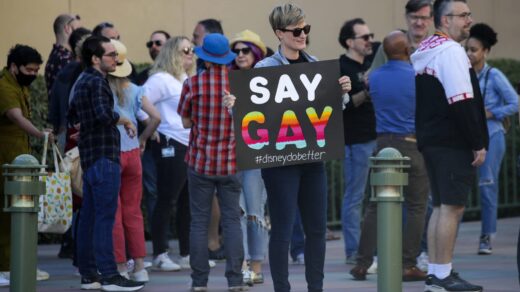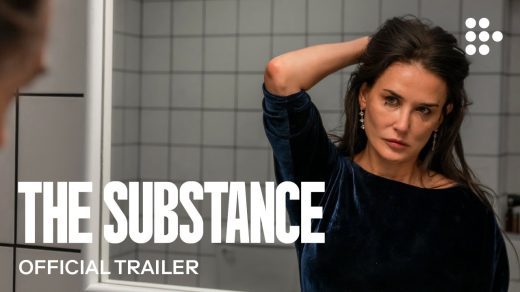How Queer Groups Are Finding Their Spaces In the Great Outdoors
Author: Donald Padgett
A growing number of LGBTQ+ people are venturing into the great outdoors, taking advantage of downtime to literally climb a mountain (or hike through a forest or camp in a desert). Disabled people, fat activists, and people of color are also beginning to find support and adventure in parks and open spaces near and far.
These diverse and traditionally underrepresented folks are increasingly finding their ways down rivers, along hiking trails, through forests, and over mountaintops.
A quick review of social media hashtags demonstrates the rising popularity of outdoor experiences for groups who in the past might have felt unwelcome or intimidated in a state or national park: #latinaswhohike, #allwomenoutdoors, #unlikelyhikers, #dykeswhohike, #womenwhowander, #disabledhikers, and #climbersofcolor are just a few.
“We’re creating our own outdoor narrative,” Jenny Bruso tells The Advocate. “One that fits all of us. Through social media communities and hashtags, we’re able to find each other and have our social media feeds represent the broad spectrum of who’s truly recreating outdoors while the traditional platforms and brands represent the same narrow image we’ve grown accustomed to.”
The author and podcaster behind Unlikely Hikers (@UnlikelyHikers), Bruso describes herself as a “white, queer, fat, femme writer and hiker” who is “bringing body liberation outdoors.” The outdoor experience, she says, has been traditionally unwelcoming to the LGBTQ+ community and people of color.
“Outdoor culture is still very geared toward predominantly white, cisgender, heterosexual people,” she explains. “That may sound bizarre to someone who’s always felt a natural sense of access to outdoor recreation, but for those of us who don’t, it puts us in a position of feeling wary of our safety on trail.”
Queer people of color have been particularly impacted. They have traditionally lived at the intersection of racism and homophobia when it comes to their experiences in parks and forests. Local city parks were rarely developed in lower-income or Black neighborhoods, and national parks and forests are often isolated and difficult to reach, requiring days of driving along routes that frequently pass through racist or hostile regions of the country. Once there, Black and Latinx people have often encountered systemic racism, bigotry, and discrimination.
Now groups are forming to overcome those obstacles. One of the first steps for people who are new to the big outdoors is getting educated and connected. Social media is the perfect tool for doing both, and groups welcoming nontraditional folks are popping up all over the country. Websites for the groups offer advice from others who have similar experiences. Most importantly, they afford people a support system and a sense of community.
Reconnecting with nature is more important for health than ever these days. Whether it’s basking in the calming power of “forest bathing” or the high adrenaline of rock climbing, there are endless opportunities for outdoor adventure. And even when it’s tough to get outside, these new online groups can help participants establish social ties, plan for future trips, and remind enthusiasts that there are still new frontiers to explore and places to recover from that bout of national cabin fever.
The new breed of queer outdoors people is working to create a more affirming and welcoming place for the traditionally underrepresented.
Original Article on The Advocate
Author: Donald Padgett





